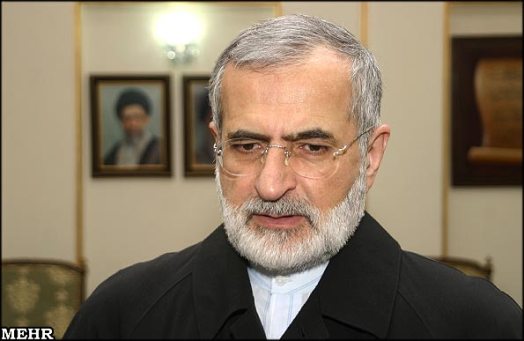Speaking to the Tasnim News Agency, Kharrazi noted that Iran’s membership in the FATF, the policy-making body of the international financial system, would further facilitate the country’s banking relations with the world.
The official also emphasized that given the laws against money laundering approved in the Iranian parliament in the past, there is no problem regarding the country’s cooperation with the FATF.
He, however, said that related officials should be careful not to allow any exploitations of deals with the FATF.
“The SNSC has considered the issue (a recent deal between Iran and the FATF) and has set new conditions so that God willing, the Iranian nation’s rights would be ensured,” Kharrazi went on to say.
Some Iranian parliamentarians and officials had previously voiced concerns about the deal with the FATF, saying the Westerners are seeking to further interfere in the internal affairs of the Islamic Republic through the agreement.
In late June, FATF hailed Iran’s adoption of an action plan to address shortcomings in its anti-money laundering policies and its decision to seek assistance with implementation.
In its plenary meeting in South Korea, the body took into account Iran’s implementation of an anti-money laundering law and its membership at the Eurasian Group, a FATF-style regional body.
Iran, however, will remain on the FATF blacklist until the full implementation is complete, the body said. Moreover, if it fails to demonstrate “sufficient progress” at the end of the yearlong suspension, the restrictions will be re-imposed.
The body is under the influence of the US, which is keeping pressure on Iran by maintaining sanctions despite coming into force of the Joint Comprehensive Plan of Action (JCPOA), a lasting nuclear deal between Tehran and the Group 5+1 (Russia, China, the US, Britain, France and Germany).
